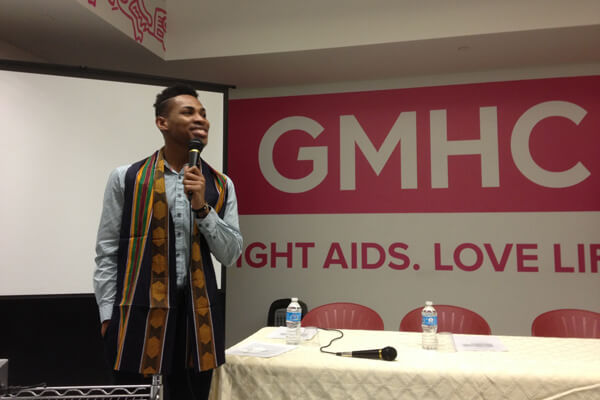Three cops in El Salvador were sentenced on July 28 to 20 years in prison for murdering a transgender woman, marking the first time anyone has ever been convicted of murder for killing a trans person in that Central American nation.
On January 31 of last year, three cops responding to a public disorder call placed 29-year-old sex worker Camila Díaz Córdova in a police car. Those cops subsequently assaulted her and threw her from the moving vehicle, leading to her death three days later. According to Reuters, she was handcuffed and face-down in the vehicle before cops tossed her out.
The judge in this case pointed to GPS tracking, the site of Díaz Córdova’s body, and the autopsy report as key pieces of evidence to build a case against the officers.

El Salvador has a reputation for violence targeting LGBTQ people and a culture of intolerance toward queer individuals. That culture has forced some individuals to flee the country, such as Johana “Joa” Medina, a transgender woman whose journey to the US turned tragic when she wound up dying in a hospital after she endured a stint in the custody of Immigration and Customs Enforcement (ICE).
Díaz Córdova also tried fleeing to the US, but to no avail. She was detained by ICE in August of 2017 and deported three months later. Individuals who knew her told Human Rights Watch (HRW) that she was misled by ICE officials into signing an order for her removal.
The conviction of officers in the case did not include hate crime charges, but it was viewed as a step forward in a nation where there have been some glimmers of hope in recent years. The ongoing murders of transgender people in El Salvador led the government to modify the penal code in 2015 to allow for 70-year sentences for homicides that are motivated by a person’s sexual orientation or gender identity, and two years ago the government established the Institutional Policy for the Care of the LGBT Population, which gave queer folks the right to issue legal complaints for discrimination.
José Miguel Vivanco, HRW’s Americas director, described the convictions as a “landmark ruling” that is “much-needed” because Salvadorans rarely see judges convict alleged perpetrators responsible for killing queer people.
“The outcome of Camila’s case sends a powerful message to Salvadoran society that anti-LGBT violence will not be tolerated,” Vivanco said in a written statement.
Neither HRW nor a Reuters story about the case contained the names of the three officers who were sentenced.
To sign up for the Gay City News email newsletter, visit gaycitynews.com/newsletter.





































